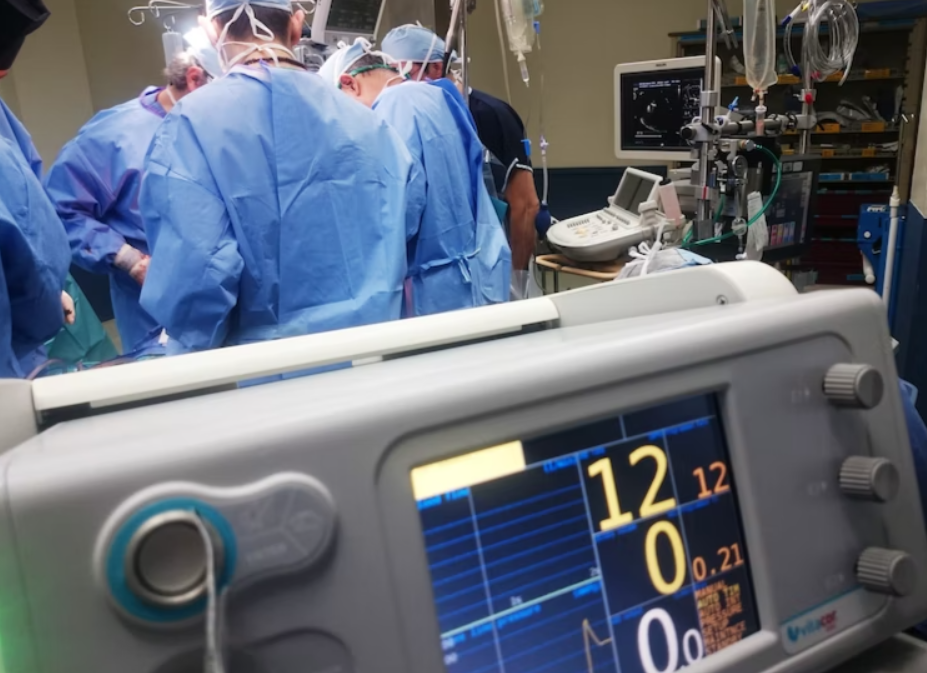5 Emergency Room Errors You Should Be Compensated For – Guest Post

Visiting the emergency room is never a pleasant experience. Unfortunately, sometimes the care you receive can make the situation even more difficult. Medical errors in the emergency department can lead to serious injuries and even fatalities. In many cases, victims are entitled to compensation for their losses. This blog post will take a look at five common errors made in the emergency room and how they may be compensated.
Misdiagnosis or Delayed Diagnosis of a Condition
One of the most common errors in the emergency room is misdiagnosis or delayed diagnosis of a condition. When an ER doctor fails to diagnose your condition correctly or fails to diagnose it in a timely manner, it can have serious consequences for your health. For example, if you have an infection that goes untreated due to misdiagnosis, it can lead to further complications such as sepsis or even death. If you believe you were misdiagnosed or that your diagnosis was delayed due to negligence on behalf of an emergency room doctor, you may be entitled to compensation for your damages and should contact ER malpractice attorneys.
Medication Errors
Another common error made in an emergency room setting is medication errors. Medication errors can occur when a patient is given incorrect medications, incorrect dosages of medications, or when medications interact with other drugs taken by the patient. These types of medical errors can cause serious side effects and even death in some cases. If you believe that you were given incorrect medications or incorrect dosages due to medical malpractice, you should look into legal action.
Surgical Errors
Surgical errors are also common in emergency rooms and can lead to serious injury and death if not promptly addressed by professional medical staff members. Surgical errors include operating on the wrong body part, leaving foreign objects inside a patient’s body after surgery, performing unnecessary surgery, and using improper techniques during surgery which can lead to infections and other complications. If you believe that you have been injured due to surgical error while receiving treatment from an ER doctor, then you may be eligible for compensation for your damages.
Failure to Obtain Consent before Treatment
Under normal circumstances, doctors must obtain informed consent before providing any type of treatment to patients—this includes treatments provided in an ER setting as well as those provided outside of it. If a doctor fails to obtain informed consent before treating a patient then they may be liable for any injuries resulting from that treatment—including both physical and psychological injuries caused by negligence or malpractice on behalf of the doctor or medical staff member(s). Victims may be entitled to compensation if they choose to pursue legal action against the responsible party(ies).
Failing to Follow Up With Patients after Treatment
Finally, one of the most important things doctors should do after treating patients is follow up with them after their initial visit—especially if they are being treated for complex conditions such as heart attacks or strokes that require ongoing monitoring from professionals over time periods greater than 24 hours following treatment (for example). Failing to follow up with patients after treating them could lead to further injury/illness due to negligence on behalf of doctors/medical staff members—and victims who suffer additional harm because of this could pursue legal action against those at fault for their damages.
Visiting any hospital’s emergency room carries its own risks; however, when mistakes are made because of medical malpractice and negligence these risks become much greater – leading to potentially serious injury or death depending upon severity and complexity of the incident. Any victim affected should always seek legal counsel right away regarding potential civil restitution options available.

